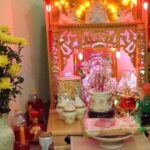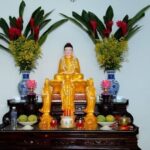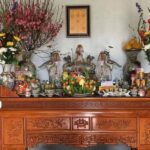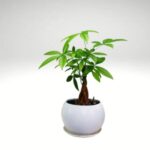The Wood element is intrinsically linked to Spring, a time of rebirth and vibrant natural energy, with blooming flora and foliage. According to the Five Elements theory, the Wood element encompasses six primary yin tones: Dai Lin Mu (giant forest wood), Ping Di Mu (grassland wood), Shi Liu Mu (pomegranate wood), Tang Duo Mu (mulberry wood), Song Bai Mu (pine and cypress wood), and Yang Liu Mu (willow wood).
In feng shui, the color green is considered the most suitable for those aligned with the Wood element. This color not only evokes a sense of freshness and purity but also signifies new beginnings and abundant vitality. Numerous studies have shown that green can improve health, reduce stress, and create balance in life. To harness this positive energy, individuals aligned with the Wood element can choose to grow a suitable houseplant, thereby beautifying their living space and reaping the benefits of enhanced feng shui.
When selecting a feng shui plant for their home, individuals aligned with the Wood element may consider the following options: bamboo, jade plant, orchids, ginseng, money tree, and palm or coconut varieties. Notably, the number of plants should be 3 or 8, in accordance with feng shui principles, to optimize the positive energy within the home.
Jade Plant
The jade plant is more than just an ornamental houseplant; it carries profound symbolism. Regarded as a token of good fortune, the jade plant boasts resilient vitality and enduring growth. It is often associated with values such as sincere friendship, youthfulness, and a strong desire for life, as well as representing eternal aspects of existence.
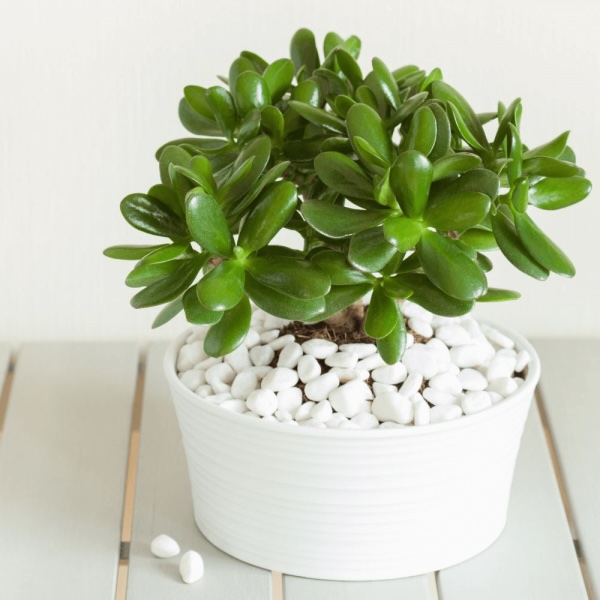
Jade Plant
Commonly adorned on desks or in office spaces, the jade plant not only beautifies its surroundings but is also believed to attract wealth and bring numerous advantages to its owner. To maximize its feng shui benefits, individuals aligned with the Wood element should consider placing the plant in the southeast direction, believed to enhance the owner’s career luck and bring about greater success.
La Han Bamboo
La Han bamboo is cherished not only for its striking appearance but also for its rich symbolism. Representing longevity, this plant conveys wishes for abundant health and a peaceful life. Pots of La Han bamboo are often chosen as gifts, especially for celebratory occasions honoring longevity, as they embody the giver’s hope for the recipient’s continued health and happiness.
With its diverse and eye-catching styles, La Han bamboo is ideal for adding a decorative touch to interior spaces. Its presence not only infuses a fresh vitality but also contributes to a relaxing and serene ambiance within the home.
Money Tree
The money tree has become a popular choice for many households, not only for its natural beauty but also for the profound meanings it conveys. Symbolizing durability and love, the money tree is often used to embellish living spaces, particularly suitable for homeowners born in the year of the horse, bringing about harmony and good fortune.
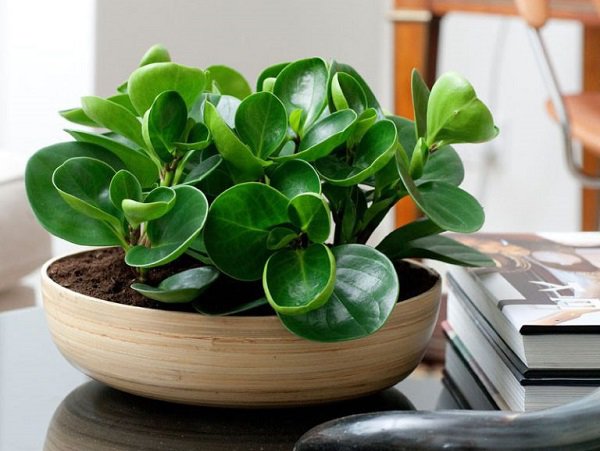
Money Tree
Beyond representing fertility and abundance, the money tree also signifies the strong bond between family members, reminding individuals of the value of kinship and unity. Additionally, in daily life, the money tree not only enhances the aesthetics of a space but also possesses air-purifying qualities, removing harmful substances from the environment, reducing eye strain, and providing a comfortable and pleasant atmosphere.
Ficus Superstitionis
The Ficus Superstitionis captivates with its natural beauty and robust vitality, symbolizing unwavering determination in overcoming life’s challenges. It stands as a testament to human resilience, encouraging individuals to strive for continuous growth and success.
Notably, the Ficus Superstitionis is considered auspicious for those aligned with the Wood element, bringing good fortune and prosperity. For those engaged in business endeavors, placing a pot of this plant on the altar of the God of Wealth can attract abundant wealth and numerous opportunities for success. It not only creates a lush and serene environment but also inspires growth and sustainability in one’s endeavors.
Magnolia Grandiflora
The Magnolia Grandiflora, with its upright form and robust vitality, conveys an image of strength and resilience, symbolizing good fortune, prosperity, and wealth. This plant not only beautifies spaces but also enhances feng shui, bringing positive influences to its owner.
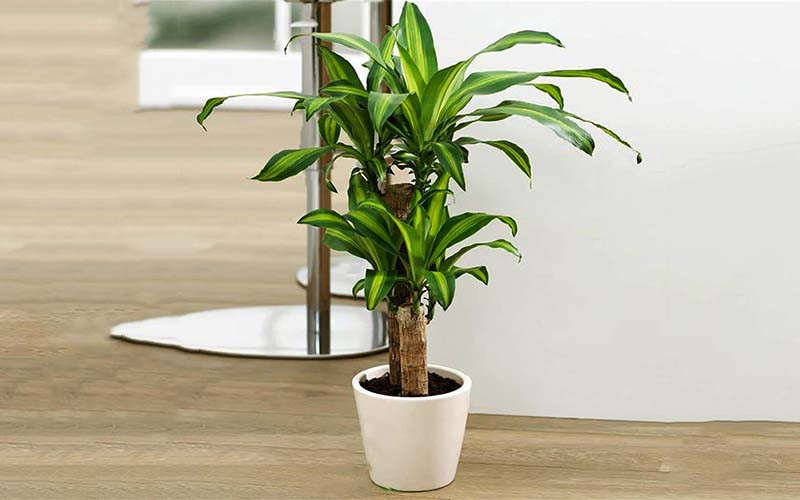
Magnolia Grandiflora
According to the principles of the Five Elements theory, the east and southeast directions are considered ideal, as they receive optimal sunlight. Placing the Magnolia Grandiflora in these locations stimulates vital energy, bringing good luck to those aligned with the Wood element, while also fostering growth and success in various aspects of life.
Pilea Cadierei
In Eastern culture, the Pilea Cadierei stands out for its longevity, capable of reaching a century in age. Thus, it is revered as a symbol of auspiciousness, durability, and permanence. With this profound significance, many believe that the plant not only enhances the aesthetics of a space but also serves as a talisman to boost financial prosperity.
Feng shui principles suggest that the Pilea Cadierei can elevate financial status and create favorable conditions for career advancement. Owning this plant is not merely decorative but also a means of attracting positive energy, supporting anyone aspiring toward success and stability in life.
Information provided is for reference and exploration only

























